We’ve got some of the most incredible artists, creatives and entrepreneurs in our community and we are constantly shocked by how prevalent imposter syndrome is. So many incredibly talented folks are haunted by self-doubt by a society that often tells you not to think too highly of yourself, but in order to have the strength to take on big challenges and make meaningful change in the world you’ve got to believe in yourself and so we wanted to create a space for conversations around overcoming imposter syndrome.
Camila Hargett, MBA
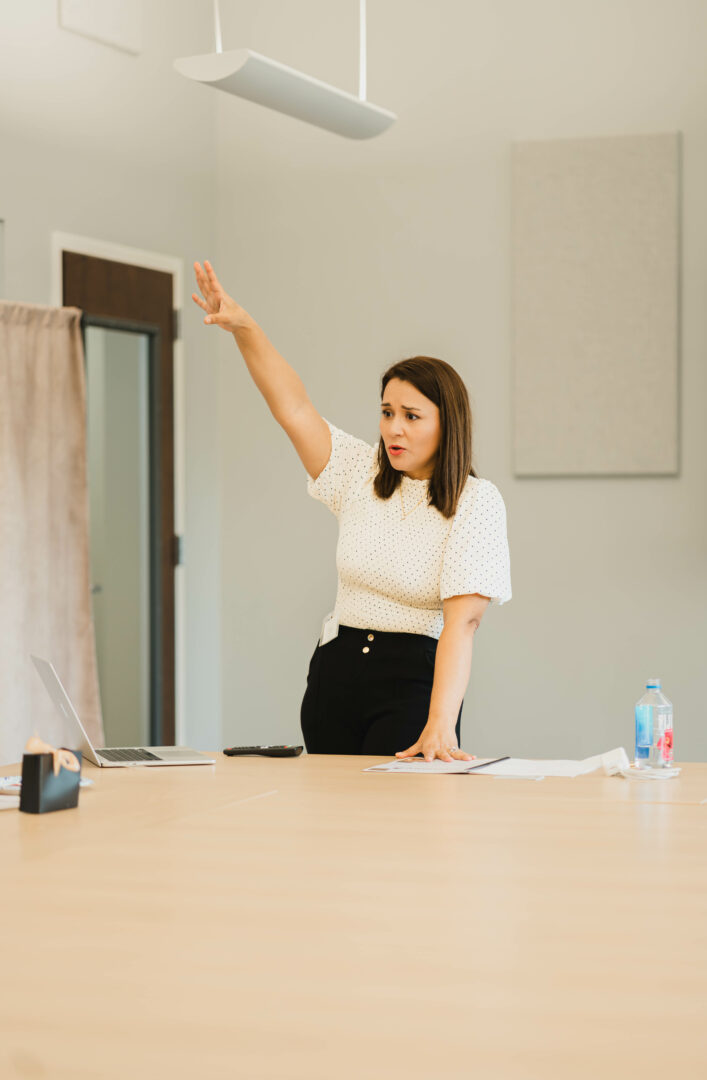
I didn’t overcome it all at once, it was layered and long. The first crack in the armor of imposter syndrome came from someone else seeing me clearly before I saw myself. I was a student at UNC-Chapel Hill, struggling silently with focus, follow-through, and fatigue I couldn’t explain. I knew I was smart, I’d always been smart, but the way I processed and retained information just didn’t fit the mold. Read More>>
Cinzi Lavin

You’ve probably heard about how ironic it is that those who can sing well are too modest to sing loudly and those who sing terribly have no trouble belting out a song. Imposter syndrome is like that. For every person who worries that they’re not good enough, not worthy enough, and not experienced enough, there’s someone else who is incompetent but flush with self-esteem. Read More>>
Ana

Overcoming impostor syndrome is a common challenge on the path to success; even the most driven individuals will question their own worth. The way I overcame impostor syndrome was by acknowledging the hard work that initiated the business and my commitment to learning more about my career. Read More>>
Ahmet Amanov

Overcoming imposter syndrome has been one of the most transformative journeys of my life. As someone who transitioned from a career in sports to the tech world, there were many moments when I felt like I didn’t belong. Whether I was coding late at night, sitting in meetings filled with industry veterans, or presenting my ideas, a voice in my head would whisper that I wasn’t “qualified enough” or “experienced enough” to be there. Read More>>
Cory Barton
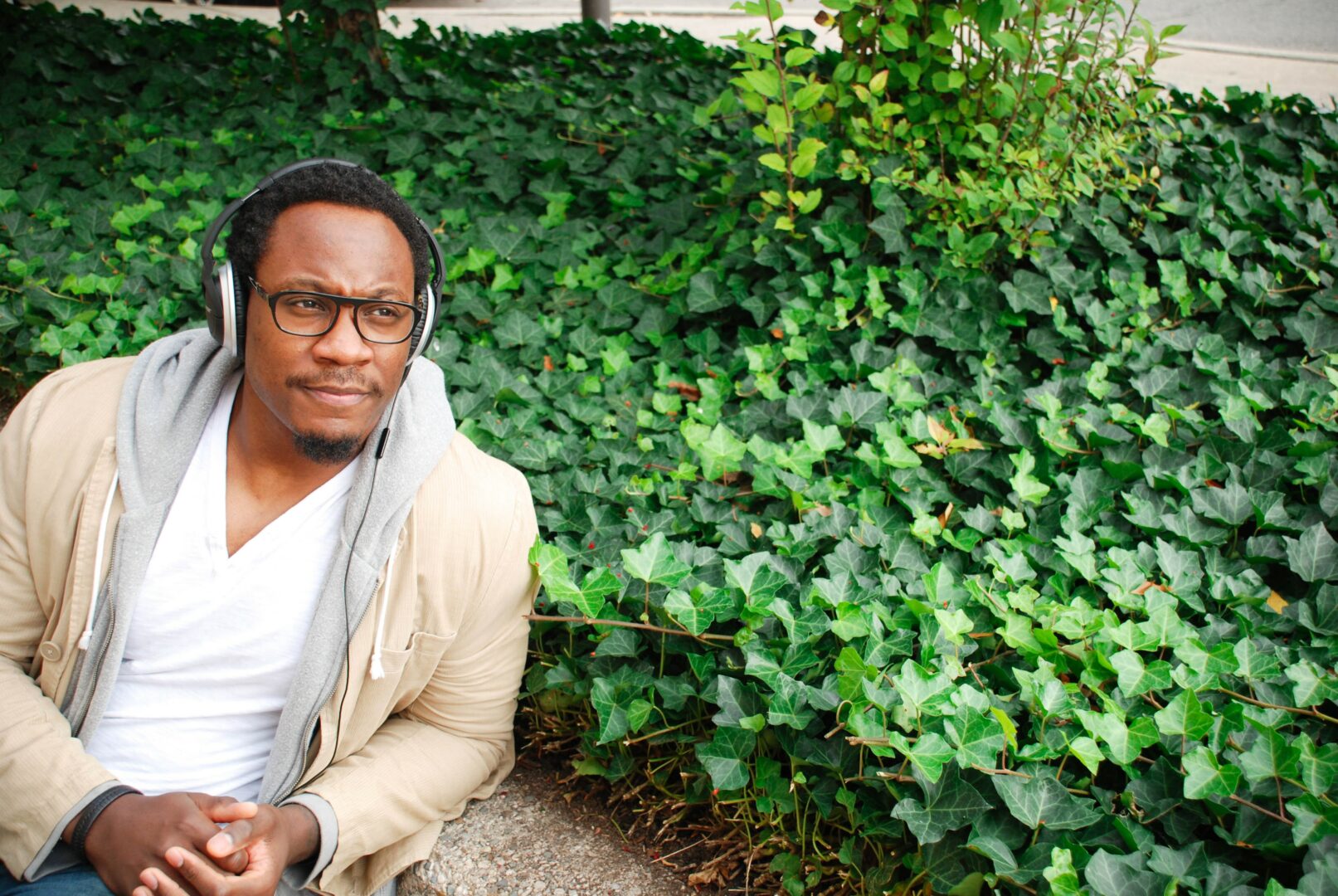
I am always so proud of myself for starting my business early; however, with that early success came massive feelings of not belonging. I was a 19 year old kid who was being paid to mix and master music for amateur artists, feeling like I had no idea what I was doing and didn’t deserve to be there. Yes, in comparison to the person I’ve become today, I had no idea how to mix and master properly, but that didn’t mean I didn’t deserve to be there. Read More>>
Scott Brundage
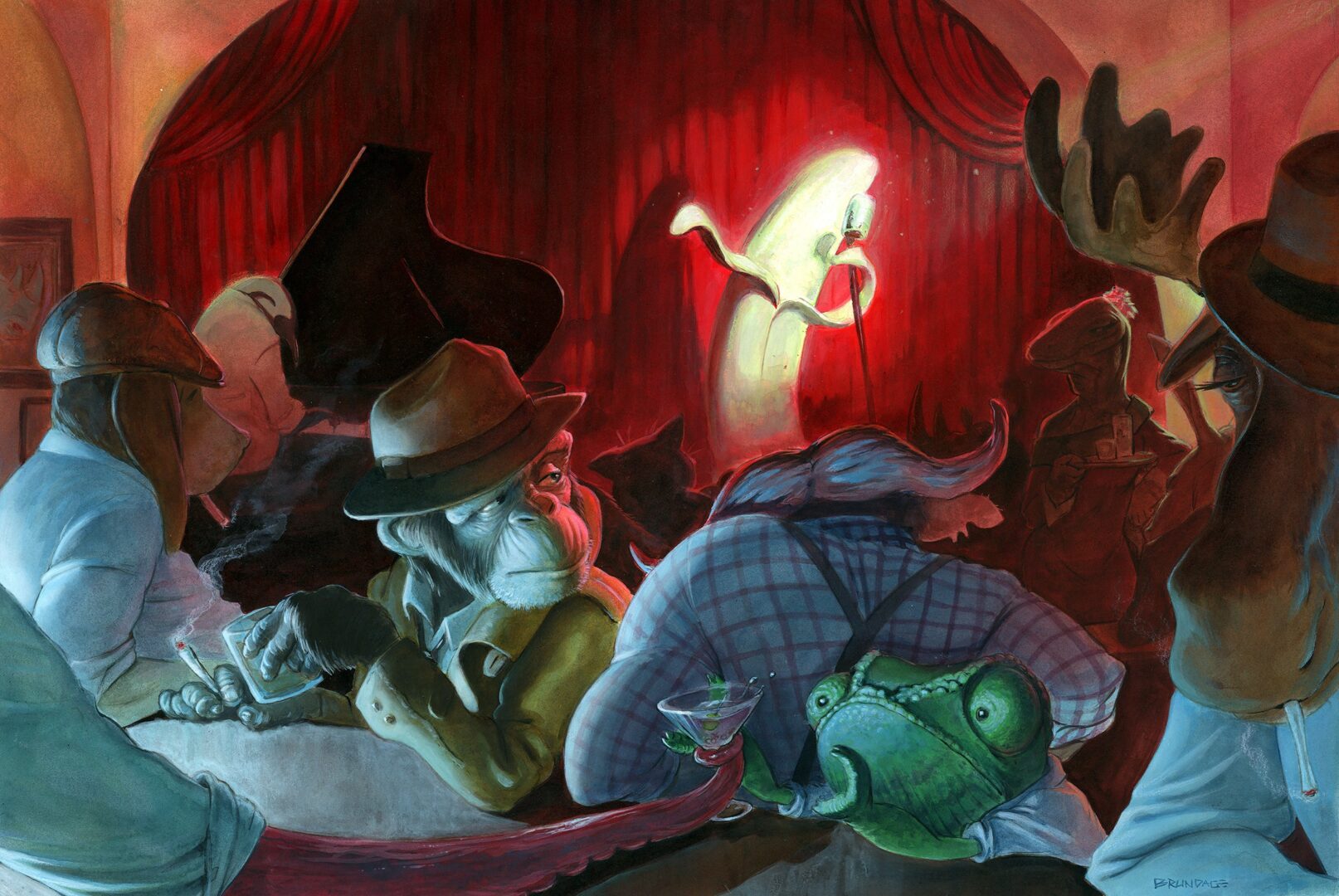
I spent the first, I don’t know… decade? of my career waiting for a client to call me out that I was somehow getting away with something. Like they’d see my rough sketches and instantly regret contacting me for a job. Over time that went away, partially just by experience and continuing to get hired. Didn’t hurt being around other artists I revered and seeing I wasn’t the only one wondering if my work was good enough. Read More>>
Paige Zen.
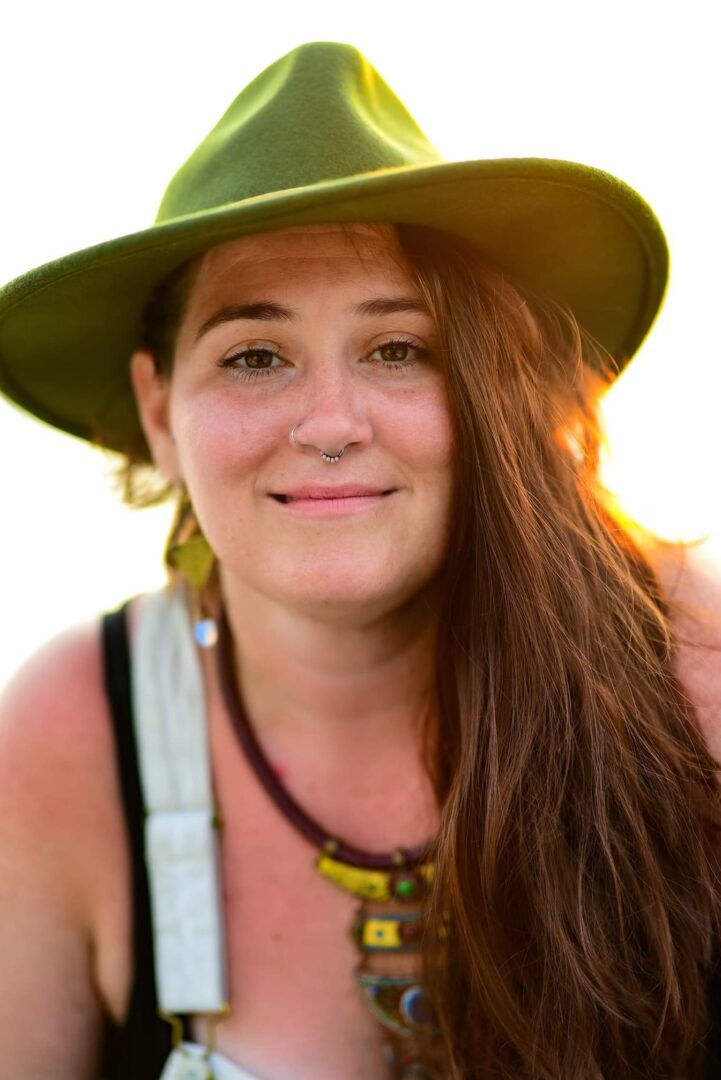
I didn’t wake up one day suddenly confident or sure of myself. I earned that trust—in myself—through experience. Through showing up again and again, even when I was unsure. Through getting things wrong, learning from it, and doing it better the next time. And, still, it rears its head every once and awhile. Read More>>
Andrew Toomey
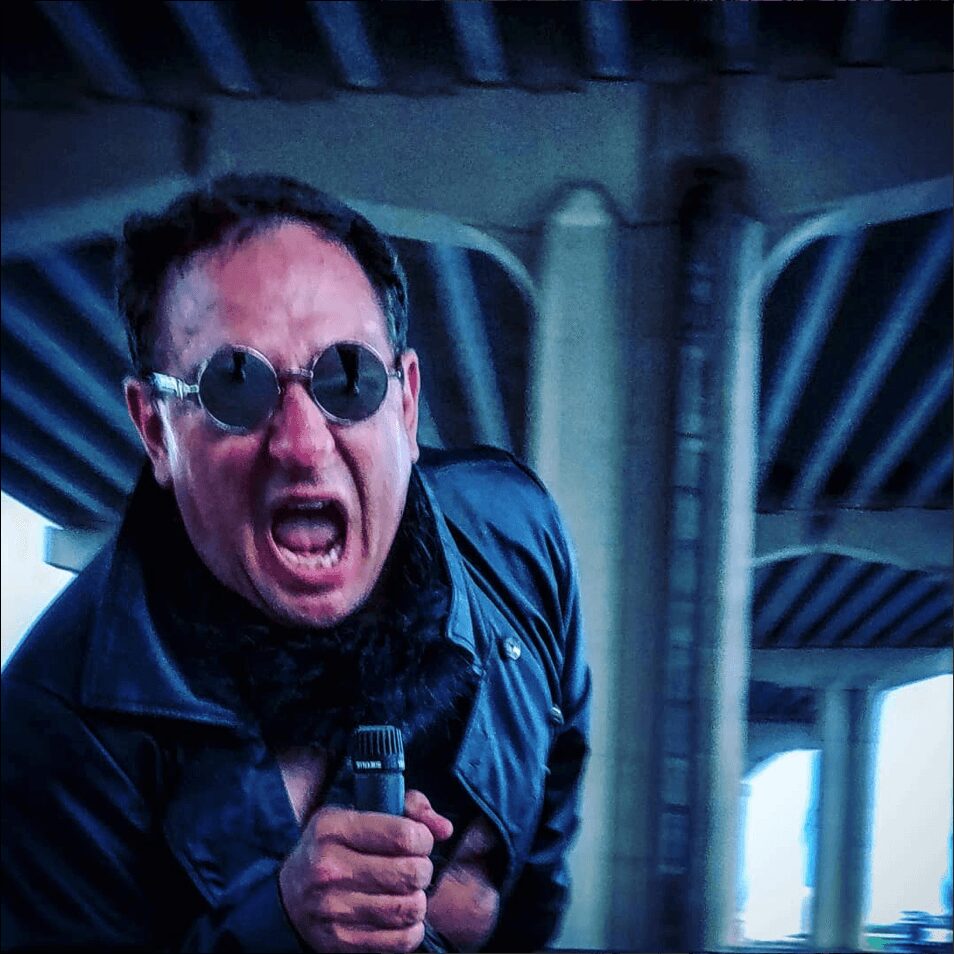
I have not really “overcome” imposter syndrome as such. It’s more something that I have to contend with, not unlike a disability. By any objective measure I have achieved amazing personal and professional success despite a long history of generational trauma, but I doubt I’ll ever be free of the idea that I’m somehow not good enough or not deserving of joy. Read More>>
Quiana A. Jackson
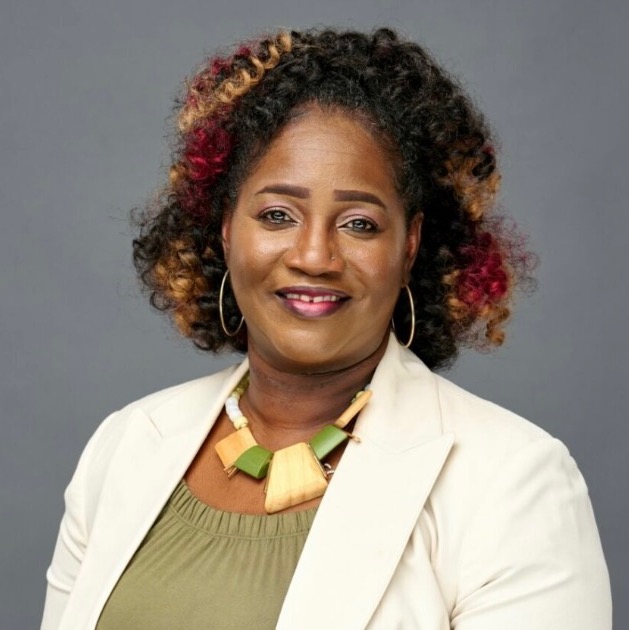
Overcoming imposter syndrome has been a layered journey—one that required faith, vulnerability, and obedience. As the founder of Queued4Christ and the author of “Why Not Me?: Blueprint From Brokenness to Breakthrough,” there were so many moments where I questioned if I was truly qualified to speak, teach, or lead. I’d ask myself, “Why would anyone listen to me?” or “Am I really called for this?” Read More>>
Marilyn Starkloff

For a long time, I felt like I was constantly trying to prove that I deserved to be in the room. I’d pour everything into my work – my creativity, my time, my hear – and then immediately second-guess whether it was actually “good enough.” Even when people praised my work or used it in ways that reached huge audiences, I convinced myself it was just luck or coincidence. I didn’t feel like the expert. I didn’t feel like the artist. I felt like a placeholder. Read More>>
Morgan Hughes
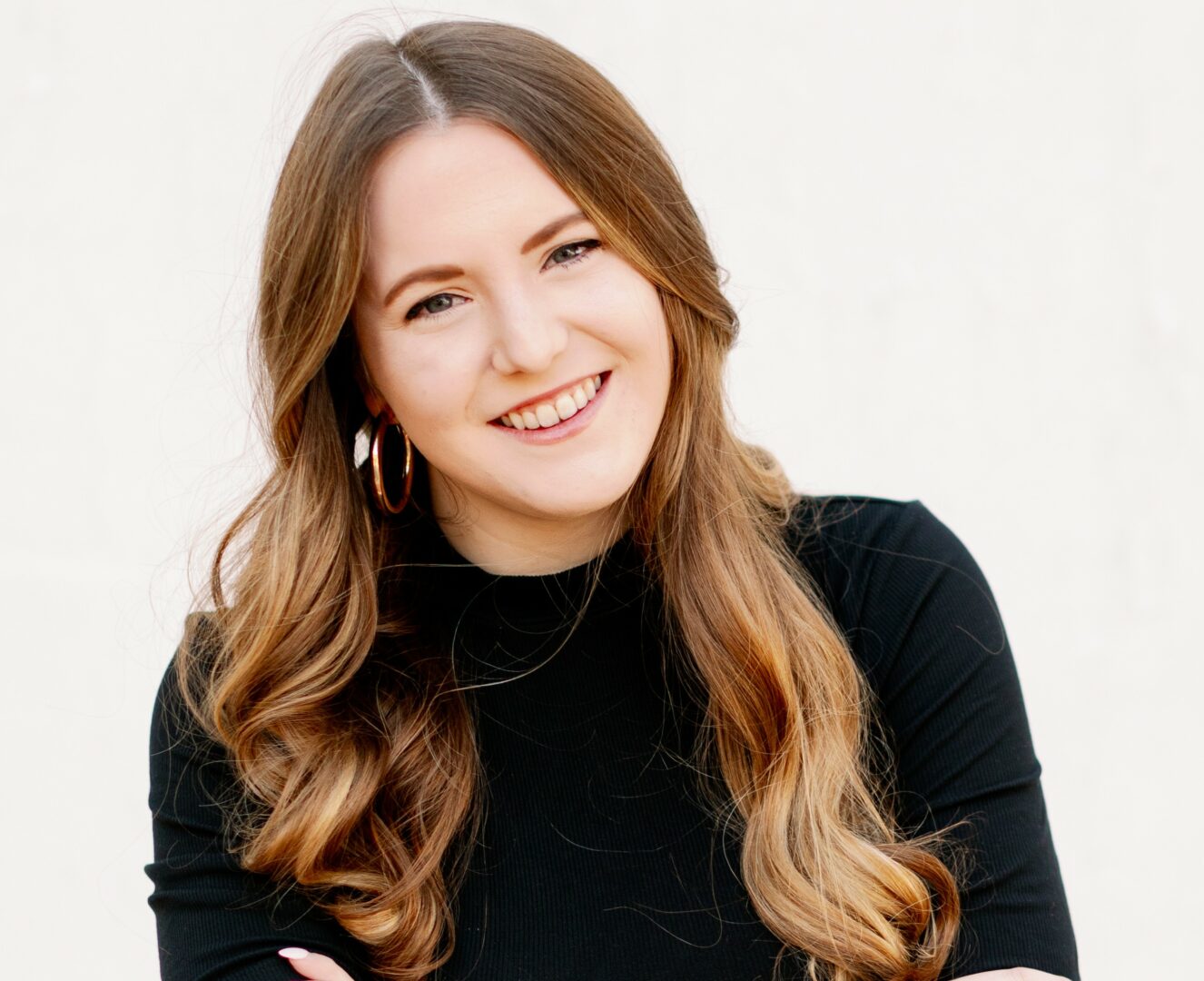
The funny thing about imposter syndrome is how universally isolating the feeling of imposture is. Most of us have been in a room surrounded by people thinking the same thing: “I don’t belong here. Do they know?” Read More>>
Laura Arnold
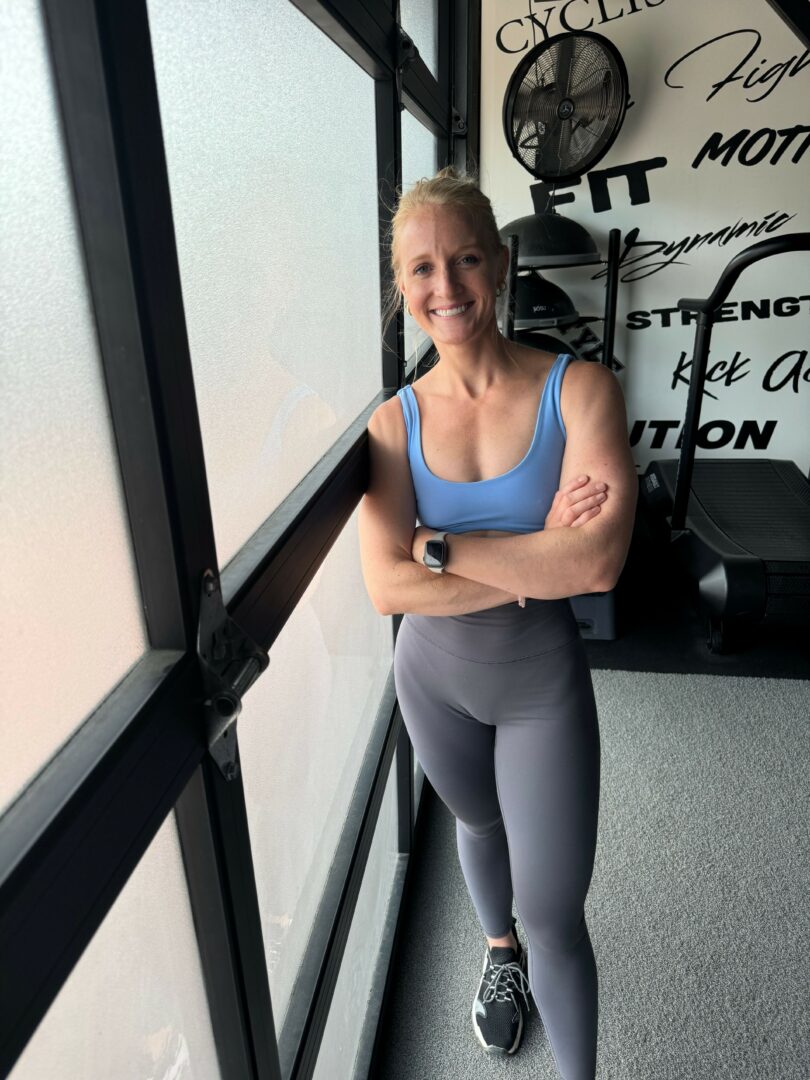
Honestly, I didn’t “overcome” it in one big, magical moment—I learned how to move forward with it. When I first started coaching, I felt this constant pressure to have it all figured out or to be the “perfect” example of health. Over time, I realized that perfectionism was really just a disguised form of fear. Read More>>
Dusty Travis
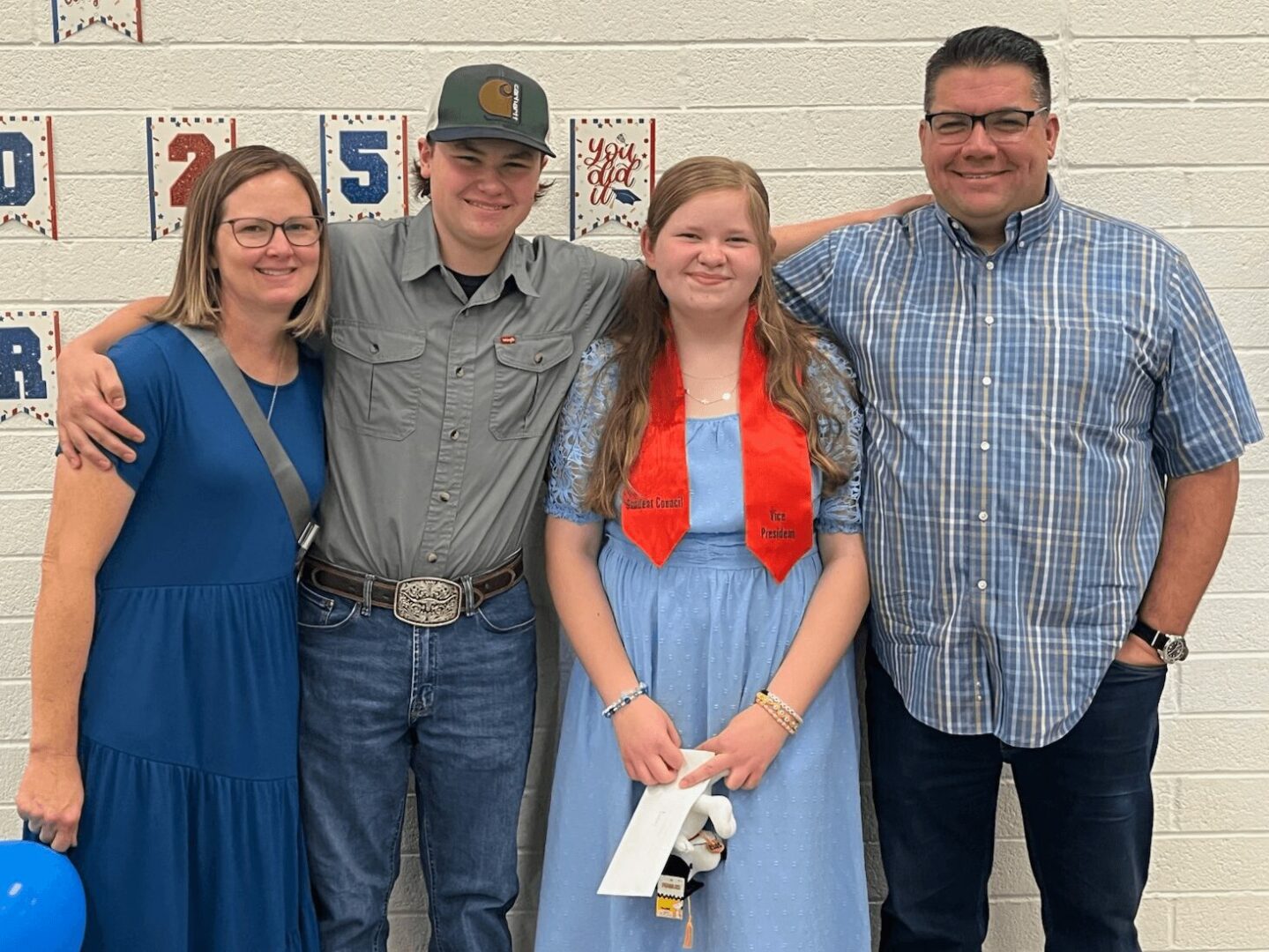
Honestly, I’m not sure I’m over it yet! This was something completely unknown to me until I started a business. But once all these feelings of inadequacy and fear regarding operating a business swirled about, I knew something was going on. Read More>>
Heather Ferrari
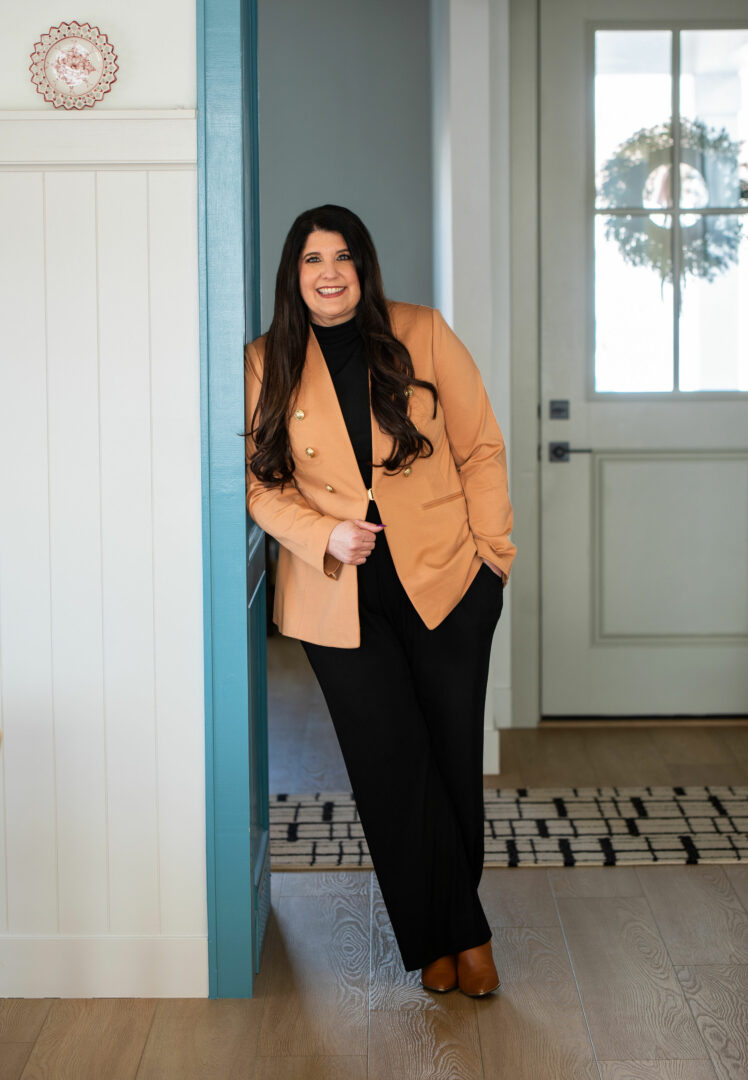
I’ve learned to silence imposter syndrome by reminding myself of one simple truth: I’m the only me on the planet. Out of billions of people, no one else has my brain, my experiences, or my wiring. That means what I bring to the table, whether it’s coaching, leadership development, or writing a book, is inherently original. Read More>>
Evan Edwards
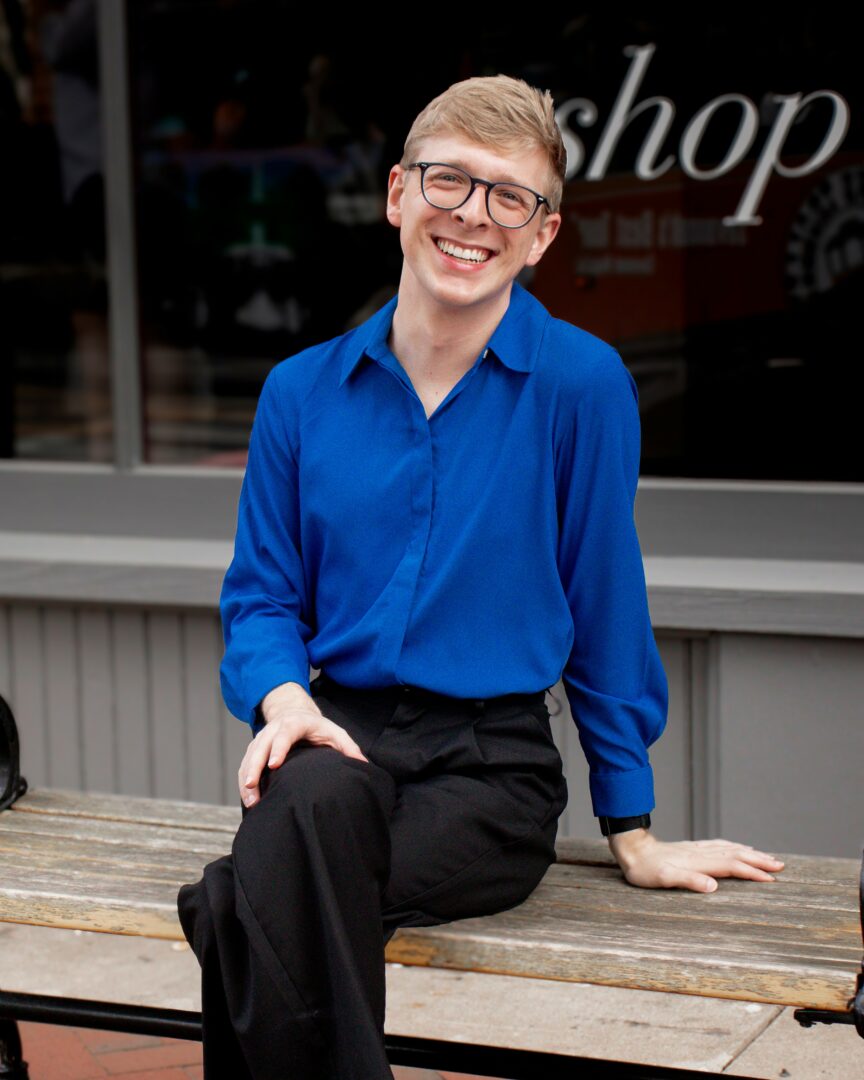
Overcoming imposter syndrome is an ongoing challenge. Sometimes, I’m completely confident in my ability to create outstanding work. Other times, I doubt whether my skills are enough. When I feel the worst of imposter syndrome, I find it helpful to just take a step back. Read More>>
Mara Prose

There was a time when I questioned whether I truly belonged in the rooms I had worked so hard to enter—whether it was leading IT system integrations or launching my own publishing house. As an African and Native American woman navigating industries where faces like mine were few and far between, imposter syndrome showed up like an uninvited guest—constantly whispering that I had to over-prove, over-perform, and still might never be enough. Read More>>
Samid Mirza
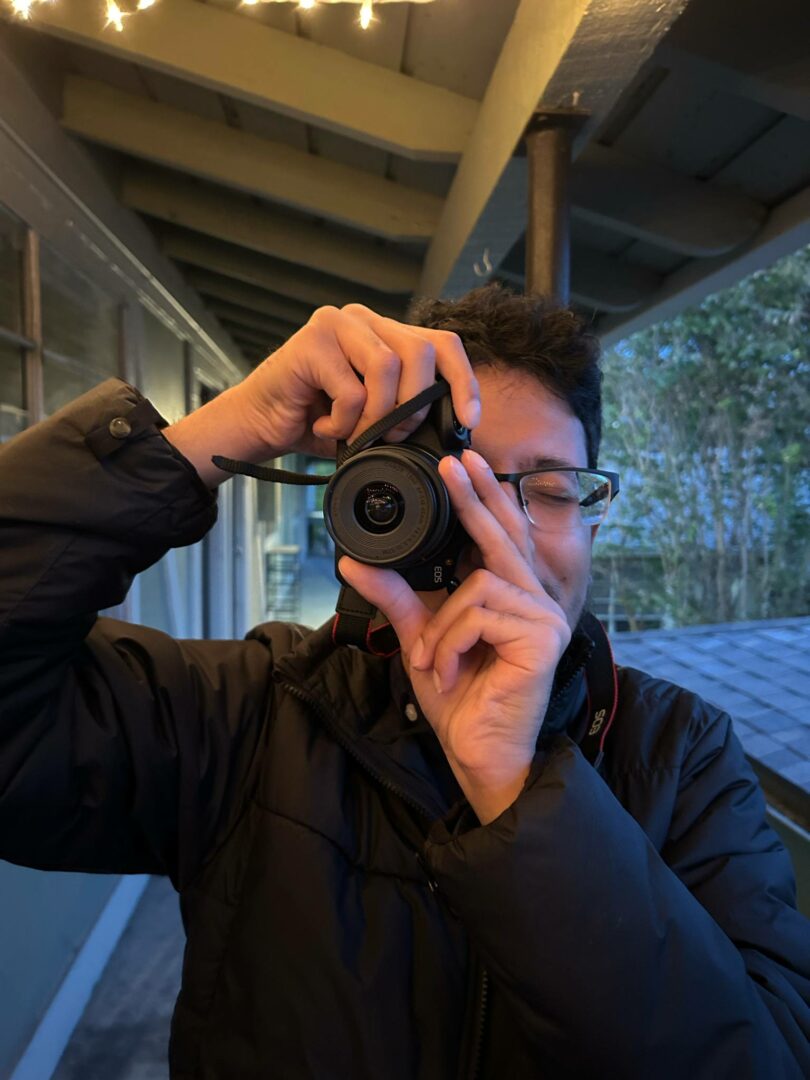
Imposter syndrome to me is just inevitable. No matter how hard you try, you will always have that voice in your head telling you “you are not good enough.”
Moments like those I just remind myself, “So what, I’m still enjoying it”. To me, that is the mindset that has really gone me out of that pit of anxiety and self doubt. Read More>>
Brad Hutt
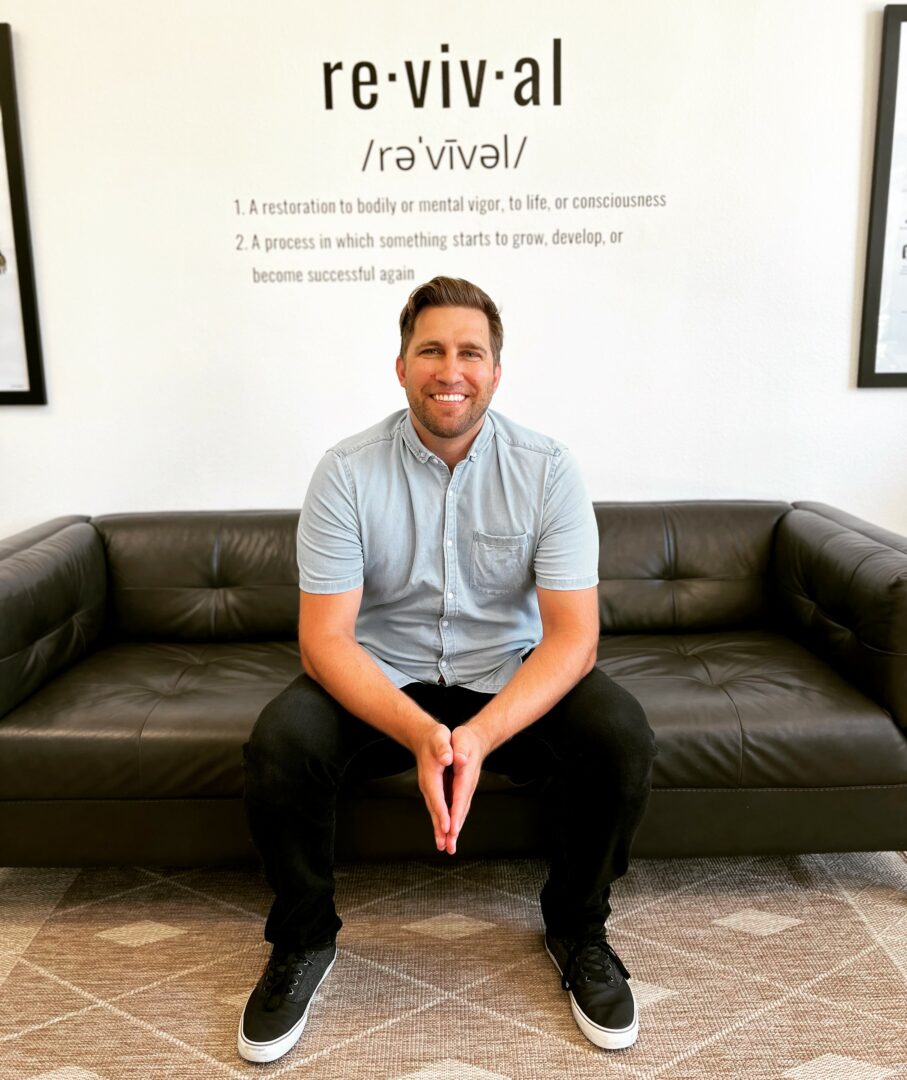
You have to put in the work every day. This helps to build the confidence as well as the skills necessary to perform the task at hand. In every instance where I’ve felt like an imposter, I had to ask myself if I had done everything possible to learn, grow, and execute. Read More>>
Sara Quintero
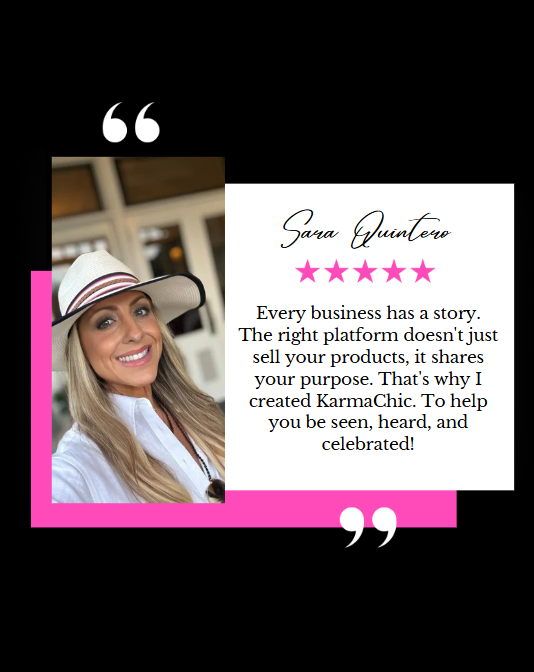
How I Overcame Imposter Syndrome
For a long time, imposter syndrome sat with me like an uninvited guest. Even after launching my boutique, building KarmaChic, or earning recognition for my work, there was this lingering voice questioning if I was really “qualified” enough to be doing any of it. Read More>>
Eileen Kantor
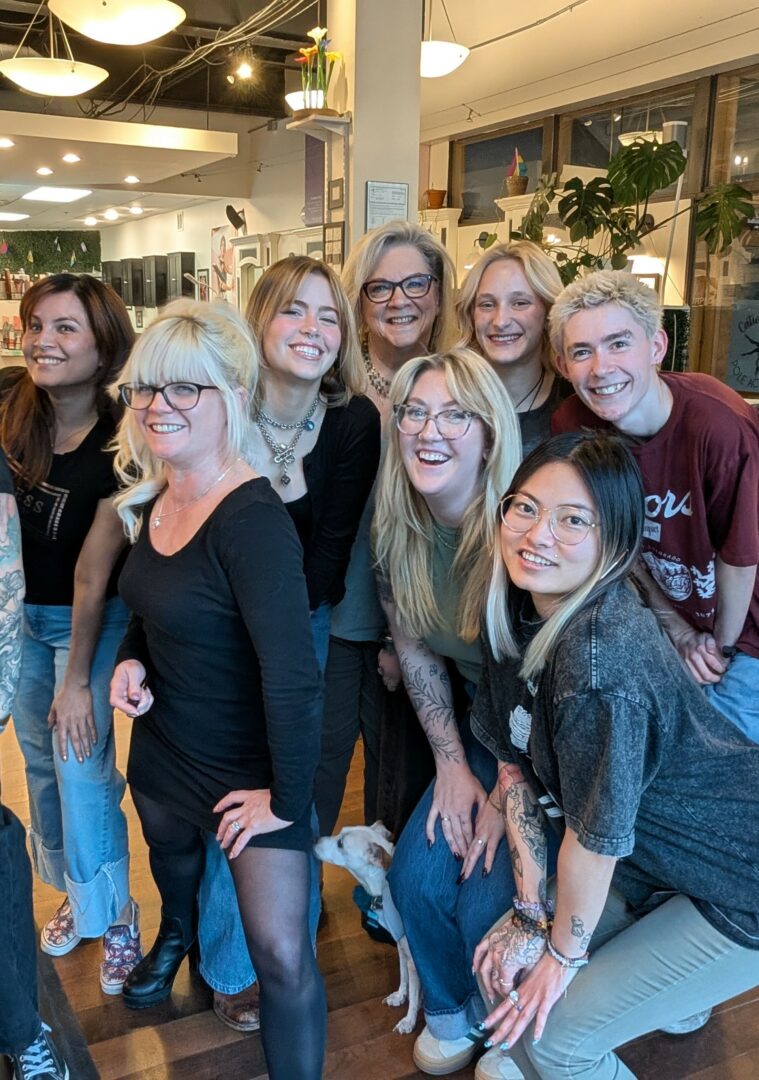
I overcame imposter syndrome by consistently challenging myself to speak up and share my opinions—especially on camera through Instagram Stories. That regular practice helped me become more poised, articulate, and confident in expressing unique perspectives. Over time, it became easier to show up, trust my voice, and believe that what I have to say matters. Read More>>
Angela Fuller
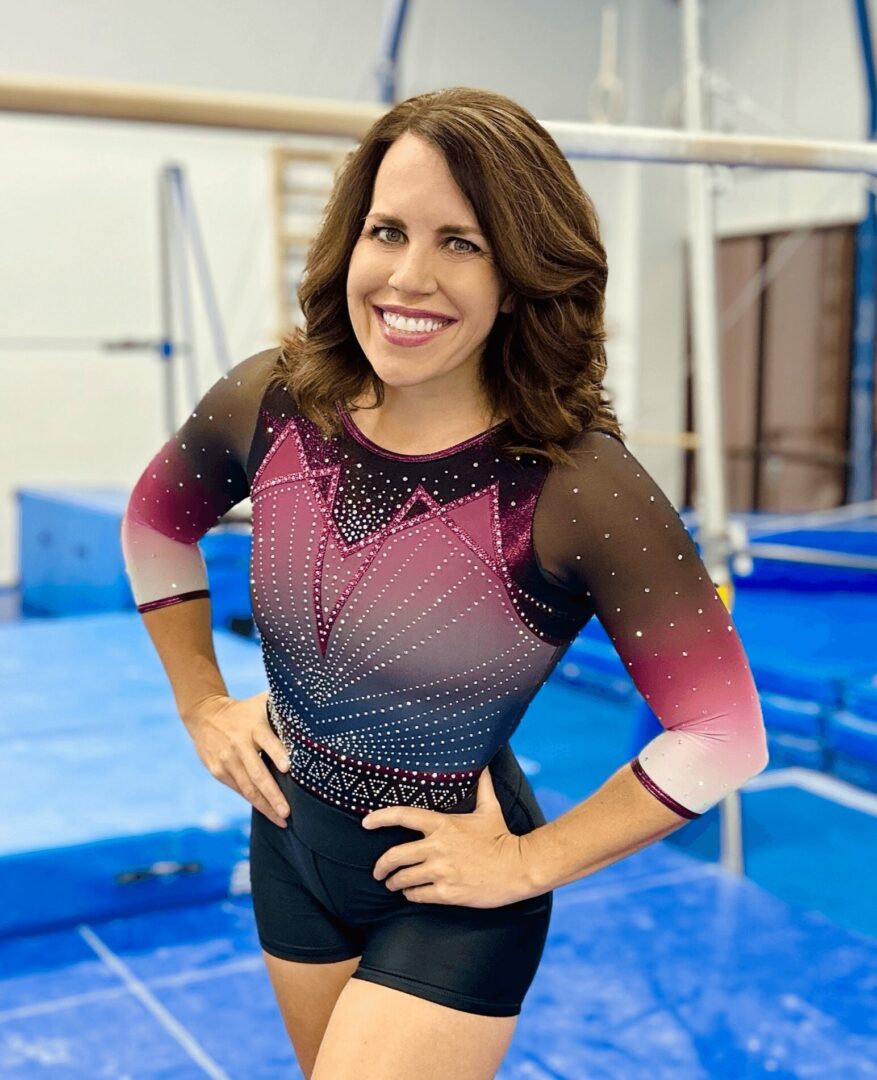
But I’ve learned that imposter syndrome isn’t a sign you’re unqualified, it’s a sign you’re stepping into something that matters. I stopped striving to prove myself and started trusting the story God is telling through my life. Read More>>
Sarah Harralson

For years, I felt like an imposter as an artist and creative. I had to make a living to support myself so I was working full time on the business side of the music industry while being a singer-songwriter outside of my 9 to 5. Read More>>
Rose Campbell
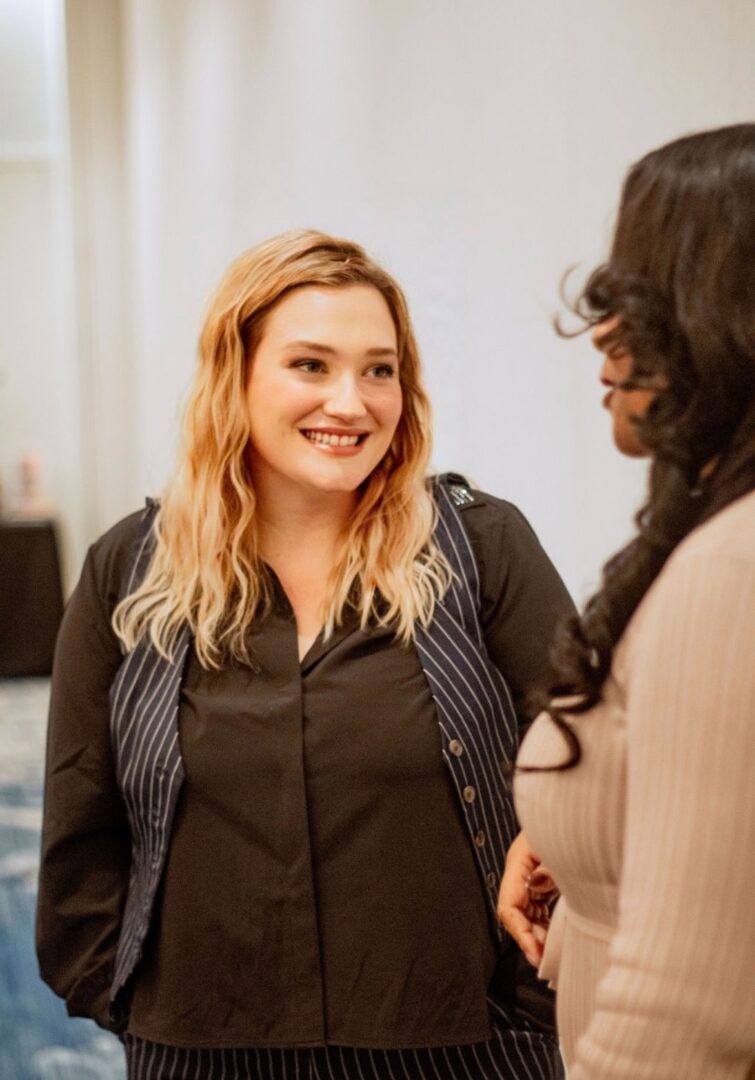
Answer:
I don’t think anyone ever fully overcomes imposter syndrome. Those little voices of doubt still creep in from time to time, especially when you’re doing something that’s deeply personal and purpose-driven. Read More>>
Alice Sullivan
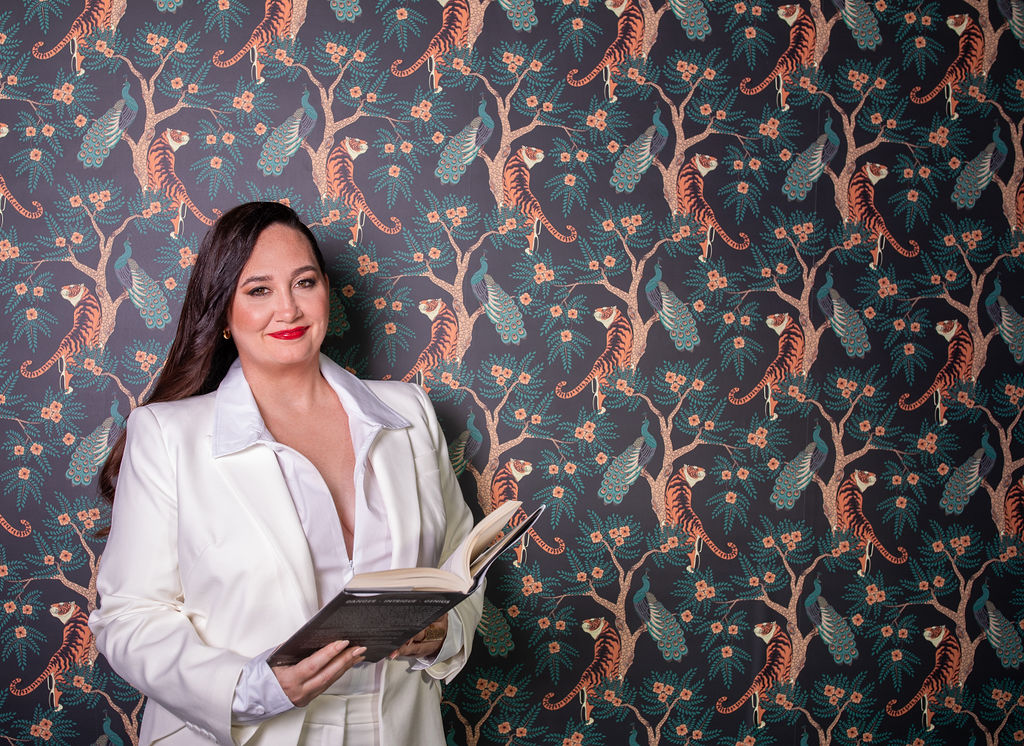
Even after 24 years in the publishing industry, I still struggle with imposter syndrome. I wish there was a quick fix, but I haven’t found it yet. However, changing my perspective about what it means (and what it doesn’t) has helped me greatly. Read More>>
Dillon Drake
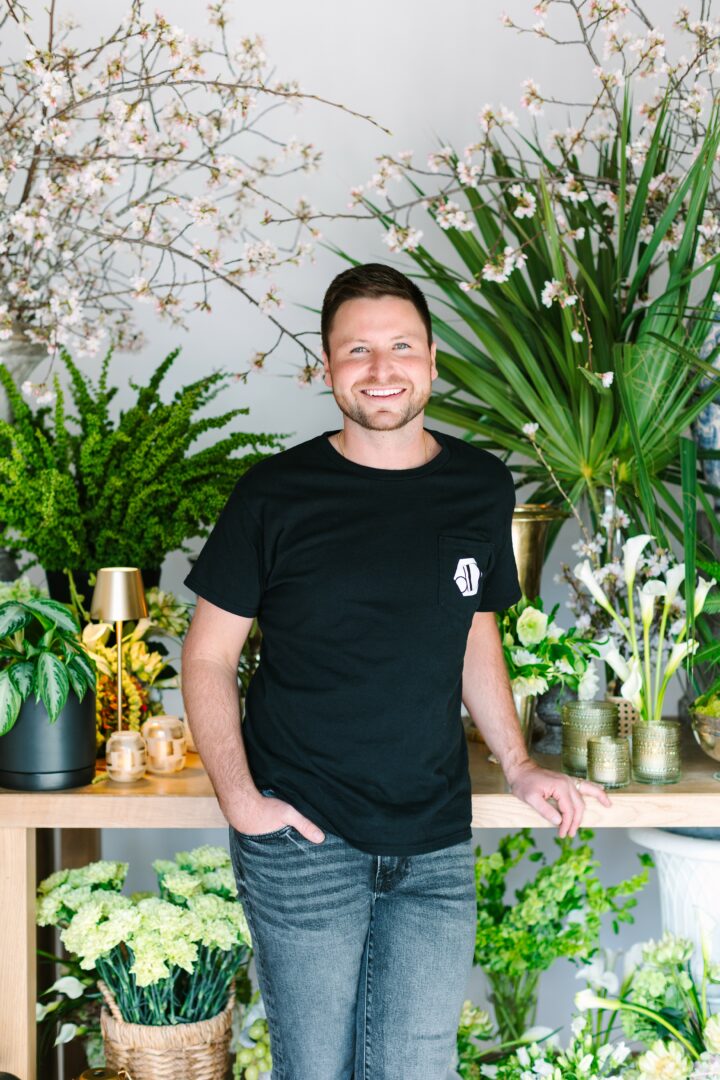
I don’t think imposter syndrome ever fully disappears, but I’ve learned to quiet it. In the early years of my business, it was easy to second-guess myself. I didn’t go to floral school, I didn’t have a design degree, and I was building Designs by Dillon from the ground up, one wedding at a time. When we started getting inquiries for large-scale events and luxury weddings, I’d sometimes ask myself, “Why me? What if I’m not enough for this?” Read More>>
Marina Shkolnik
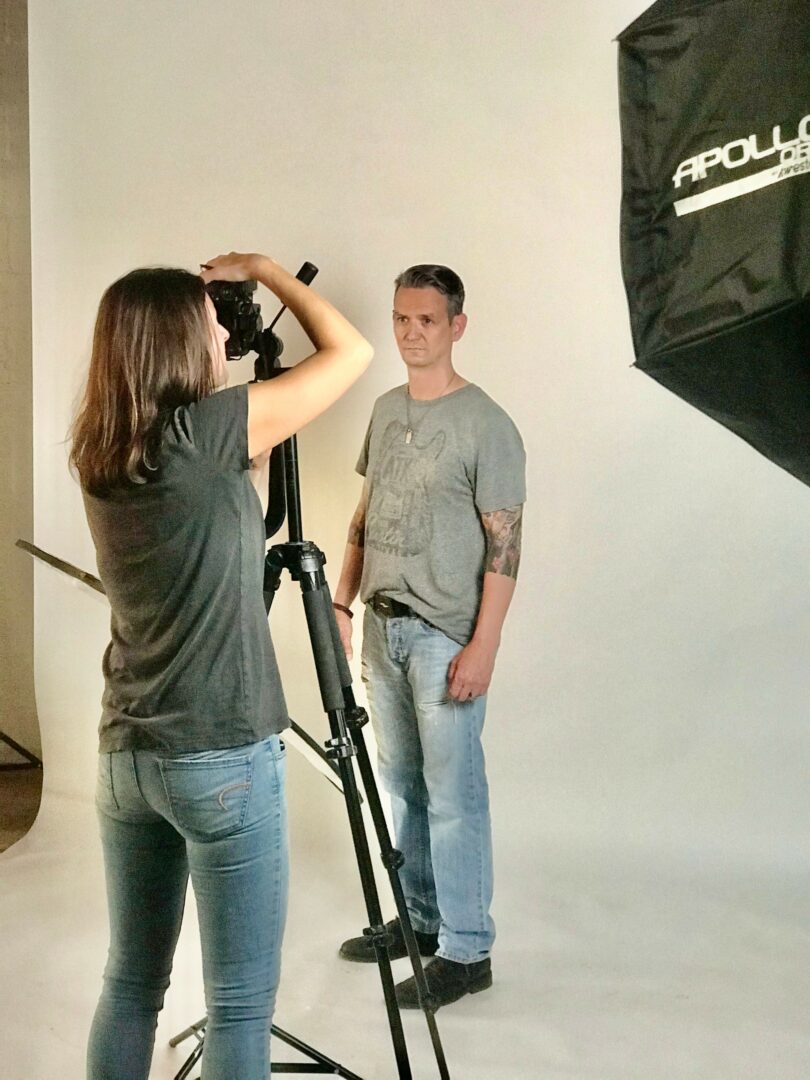
I didn’t. I have impostor syndrome most of the time. I think I have one of the biggest cases of impostor syndrome. I have become comfortable with taking the back seat, but I lead with my actions. You can win with the 10x rule. Read More>>
Carli Abiuso

Imposter syndrome has been one of the biggest dragons I’ve had to face on my path. For a long time, I thought it meant I wasn’t ready—that I had to heal more, know more, be more before I could take up space as a leader. I’d look at other people who seemed so confident and think, “Who am I to do this? Who am I to guide others when I’m still figuring things out myself?” This inner critic voice used to sneak in whenever I was about to take a big leap—whether it was launching a new offer, raising my prices, or simply being seen more fully in my truth and authenticity. Read More>>
Josh Ginsburg
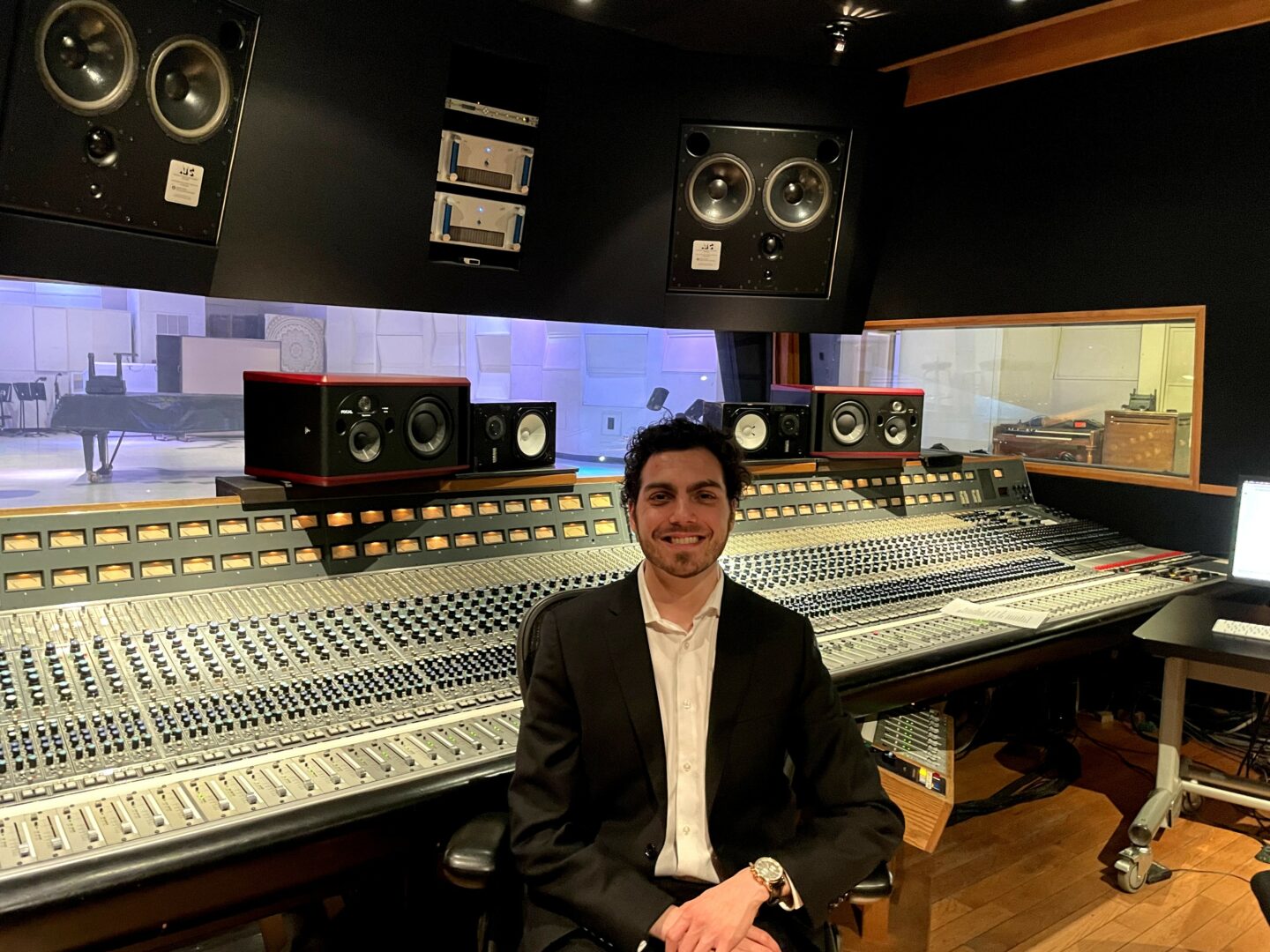
I overcame imposter syndrome by solely focusing on my work and avoiding thinking too much about whether or not I was capable of being a professional musician or if I was the best person to do the job at hand. For a long time, I struggled to deal with imposter syndrome. Read More>>
Mary Buckingham
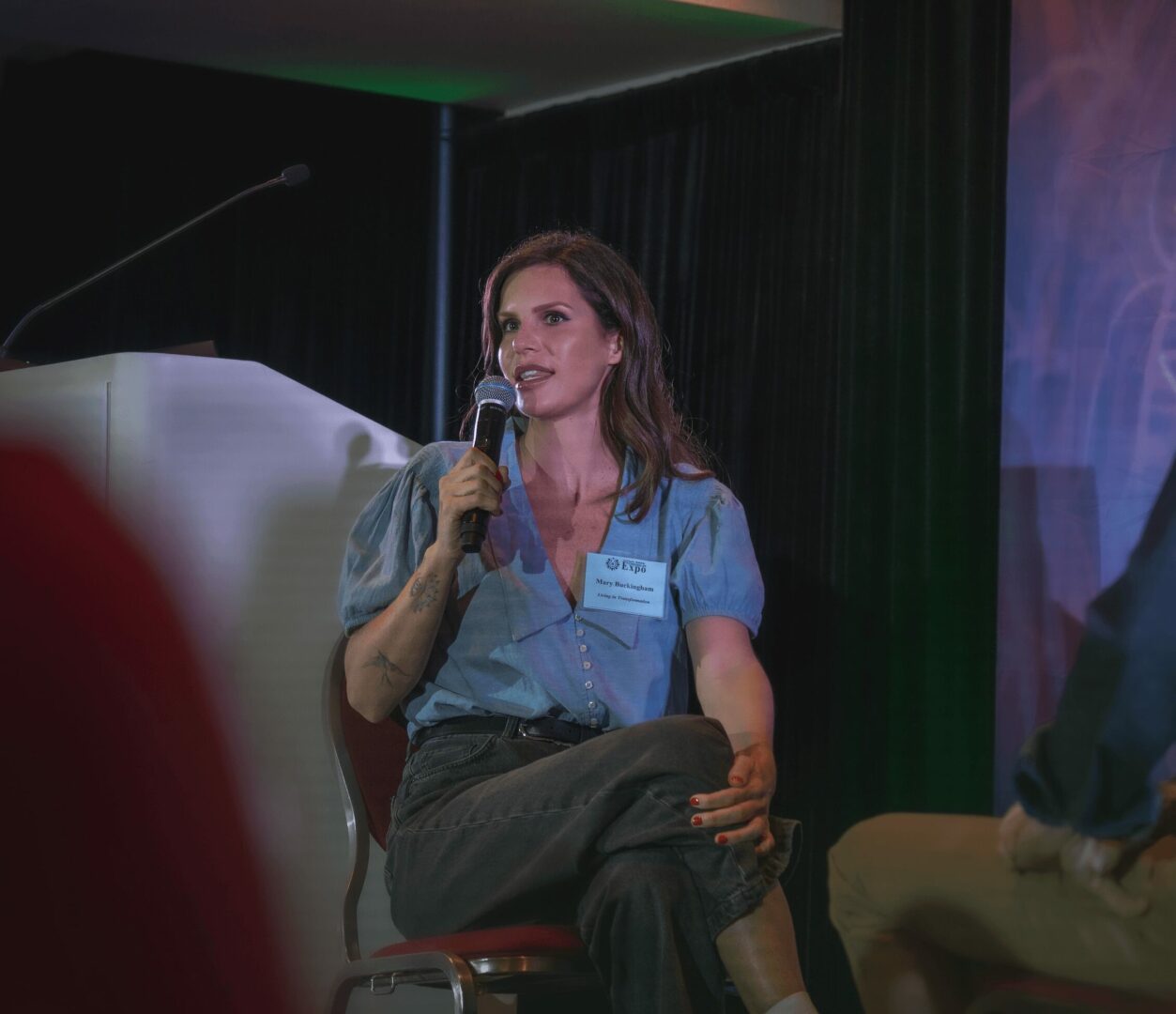
Out create the thoughts that come with imposter syndrome by continuing to put yourself in situations that the false negative beliefs say you cannot do or are not worthy of. Read More>>
Will Cobb

There were a lot of questions in there to talk about!
Imposter Syndrome and dealing with “nay sayers” are hand and hand for us.
Me and my wife started our company Cobblestone Productions (now Cobblestone Weddings) as a way to get out of my (Will) state job and the grind from that but also because we were passionate about video and photo. Read More>>
Tucker Lenora

I grew up in a rural environment, where education was not a vital priority. I went to 5 schools by 4th grade, and eventually was homeschooled for highschool. Despite murky educational gaps I went on to get a college degree. And recently lectured to a class of Masters Level Students at UNF on how to market and brand oneself in this ever evolving economy. Read More>>
Devin Polite
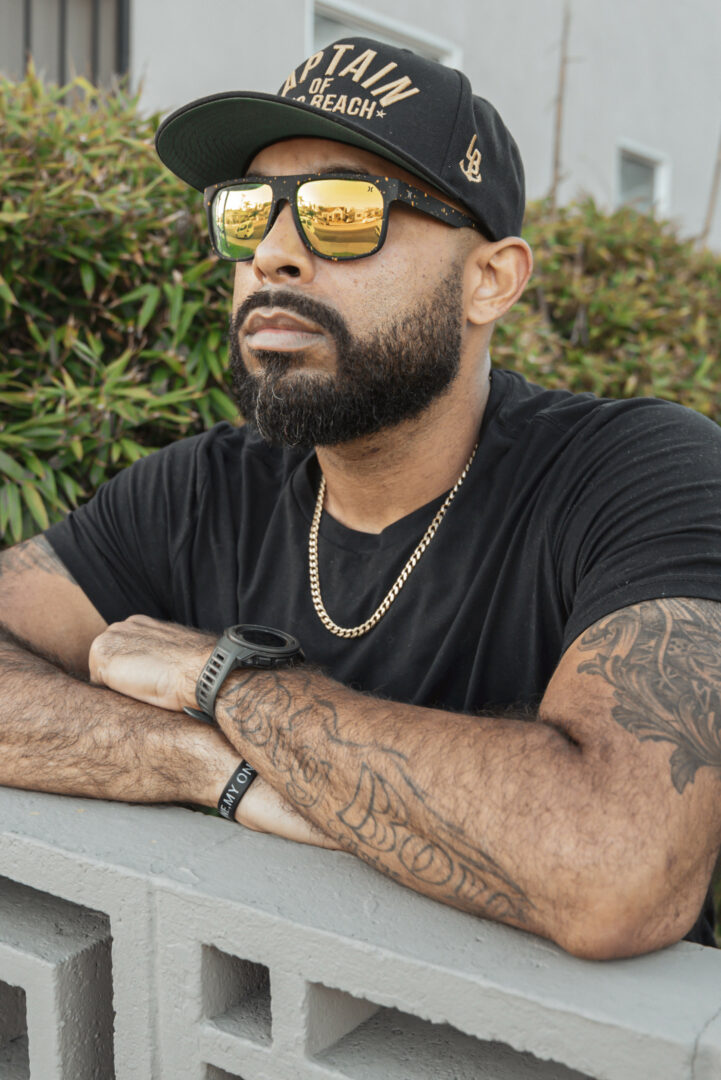
I overcame imposter syndrome when I survived a rare and aggressive cancer. I had always kept a positive outlook on life. Enjoying the small things; beautiful sunsets, the sound of the waves crashing at the beach, the smell of rain coming or just the warm air on a summer night. Even though I have always felt intelligent, athletic and overall, well balanced. Read More>>










